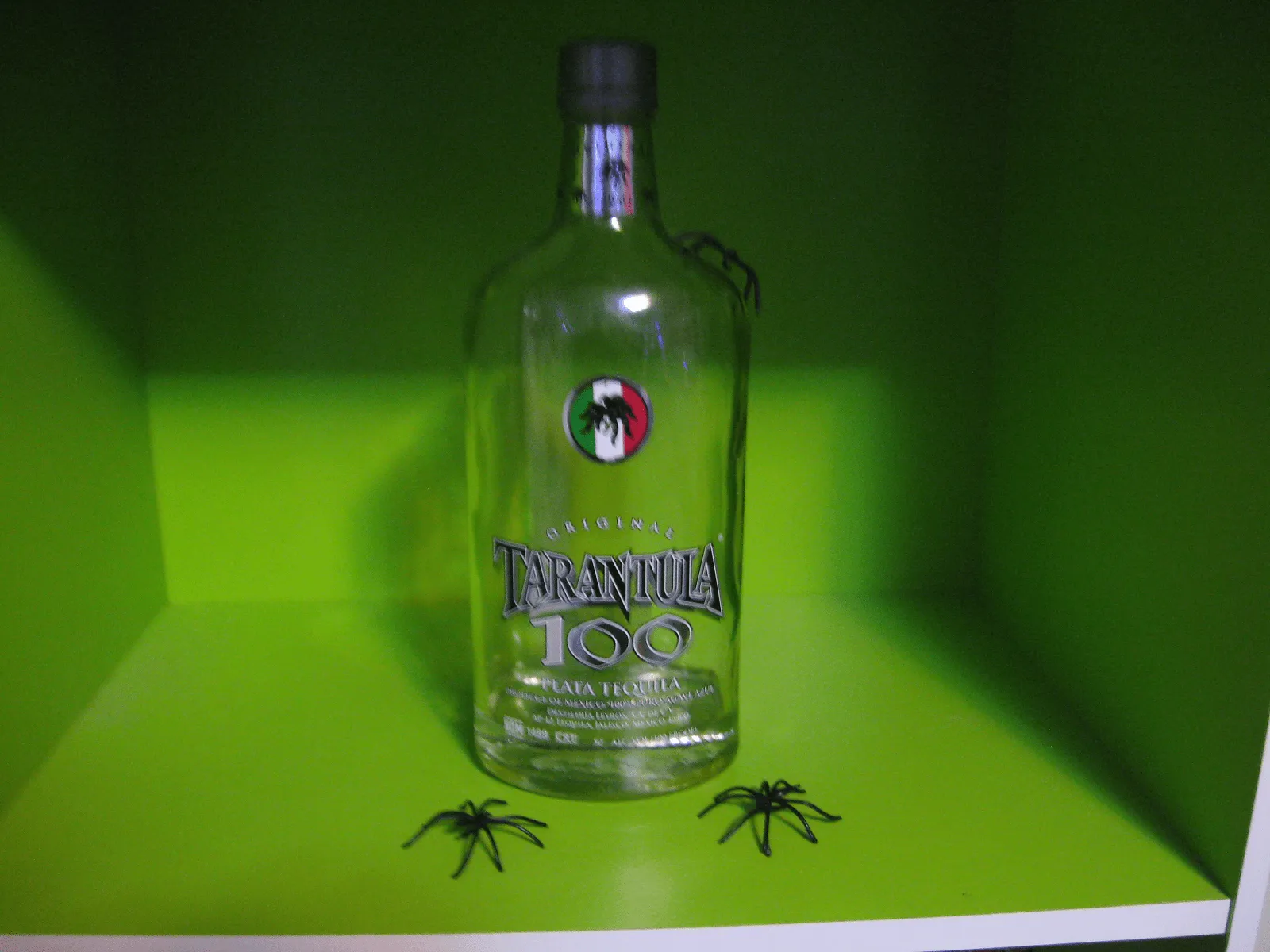Tarantula Tequila Top 5 Facts!
Tarantula Tequila has become a popular name in the tequila market, known for its distinct taste and branding. But how much do you really know about this intriguing spirit? This article dives into the top 5 facts about Tarantula Tequila, uncovering its origins, production, and what sets it apart from the competition. Get ready to discover some fascinating insights into this beloved tequila.
Fact 1 What is Tarantula Tequila?
Tarantula Tequila is a premium tequila brand known for its smooth taste and unique flavor profiles. It is crafted with high-quality ingredients, focusing on delivering an exceptional drinking experience. The brand has cultivated a reputation for its commitment to quality, making it a favorite among tequila enthusiasts. Tarantula Tequila distinguishes itself by offering a diverse range of flavors and styles, catering to a wide spectrum of preferences. Its distinctive branding and marketing efforts have further solidified its position in the competitive tequila market.
The Tequila Type
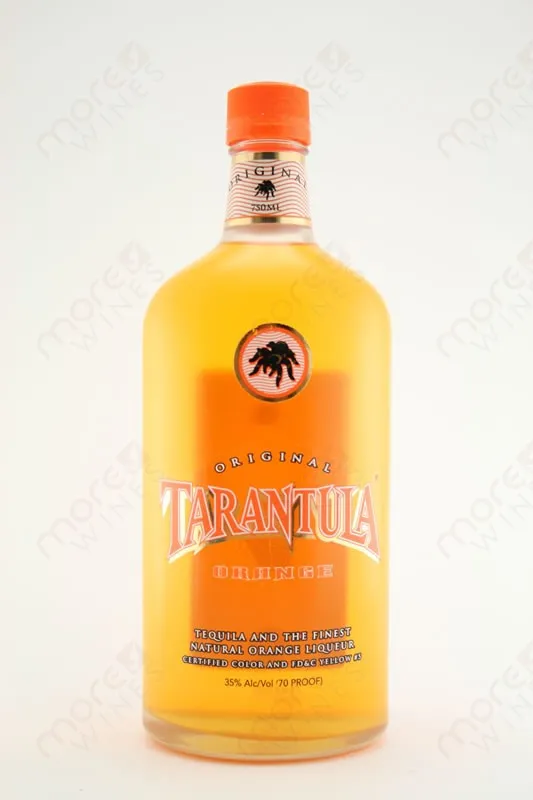
Tarantula Tequila is classified as a premium tequila, often falling under the category of ‘100% agave’ tequila. This means that the tequila is made entirely from the blue agave plant, without any added sugars or other ingredients. This distinction is crucial as it directly impacts the tequila’s quality and taste. The 100% agave designation ensures a more authentic and pure tequila experience, allowing the natural flavors of the agave plant to shine through. This commitment to quality is a key factor in Tarantula’s appeal.
Fact 2 The Origin Story
The origin story of Tarantula Tequila involves a brand that sought to bring a unique tequila experience to consumers. While specific details about its founding and the individuals behind it are not as widely publicized as some other brands, the focus has always been on creating a high-quality tequila. The brand’s emergence reflects a trend toward premium tequila offerings and a desire to provide consumers with a distinctive and memorable product. The brand’s identity is carefully crafted to resonate with those seeking a blend of quality and flair.
The Brand’s History
The history of Tarantula Tequila is marked by its efforts to establish itself in a competitive market. The brand has made strategic moves to gain visibility and build a loyal following. Key aspects of the brand’s history include its product development, distribution strategies, and marketing campaigns. Tarantula has often been associated with a vibrant and dynamic brand image, contributing to its popularity among tequila drinkers. By understanding the brand’s evolution, consumers can appreciate the tequila’s journey and the reasons for its success.
Fact 3 The Production Process
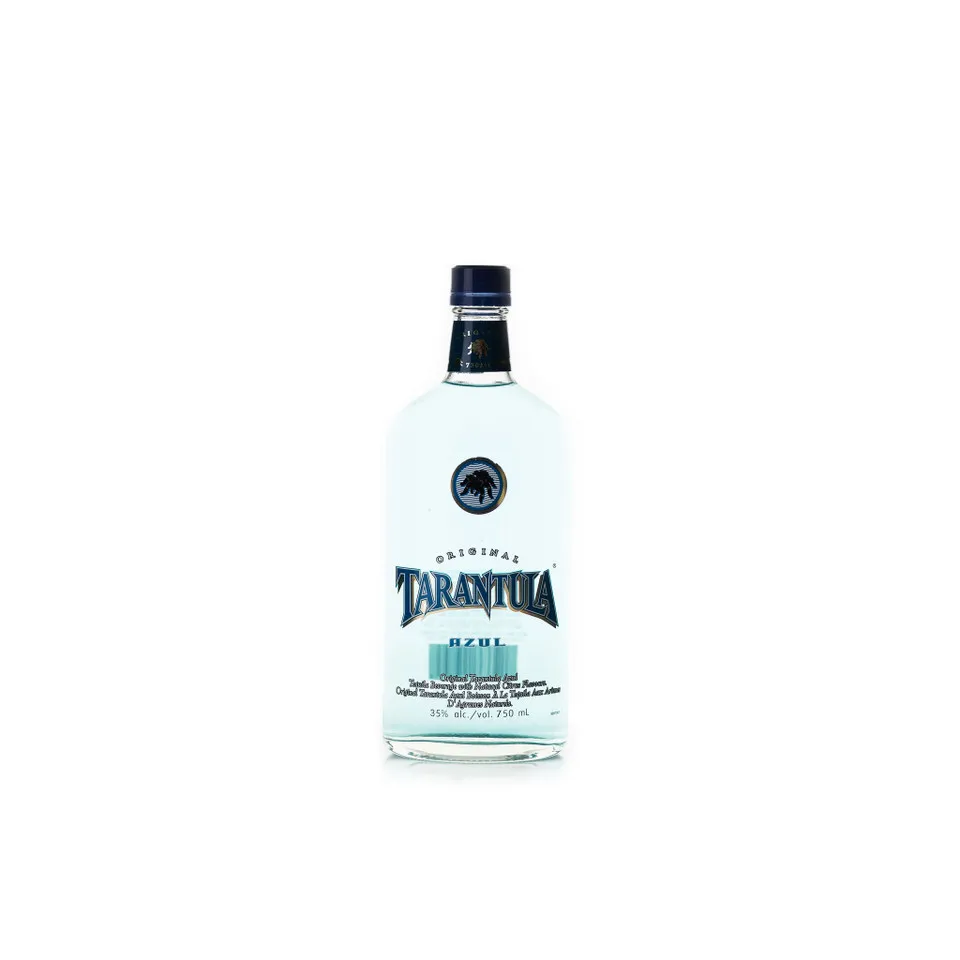
The production process of Tarantula Tequila is a meticulous journey from the agave fields to the bottle. Quality begins with the careful selection of blue agave plants, which are harvested when they reach maturity. The process involves several critical steps, including cooking, fermentation, and distillation, each contributing to the final taste and character of the tequila. The brand employs traditional and modern techniques to ensure the highest standards of quality. The dedication to this complex process is what sets Tarantula Tequila apart.
Agave Sourcing
The quality of Tarantula Tequila starts with its agave sourcing. The brand sources its blue agave from specific regions in Mexico, where the climate and soil conditions are ideal for agave cultivation. These regions, such as Jalisco, are renowned for producing high-quality agave plants, which are essential for making premium tequila. The selection process is crucial, as the quality of the agave directly influences the taste and overall character of the tequila. Tarantula emphasizes sustainable and ethical agave farming practices, ensuring the preservation of the agave fields for future generations.
Fermentation and Distillation
Once the agave is harvested, it undergoes fermentation and distillation. The cooking process, often done in traditional ovens, softens the agave hearts and converts the starches into fermentable sugars. After cooking, the agave is crushed, and the resulting juice is fermented, where yeasts convert the sugars into alcohol. The tequila then undergoes distillation, a crucial step that refines the spirit. Tarantula Tequila often uses both pot and column stills to achieve its desired taste profile. The distillation process ensures the tequila’s smoothness and complexity, resulting in a product worthy of the premium tequila designation.
Fact 4 Where Tarantula Tequila is Made
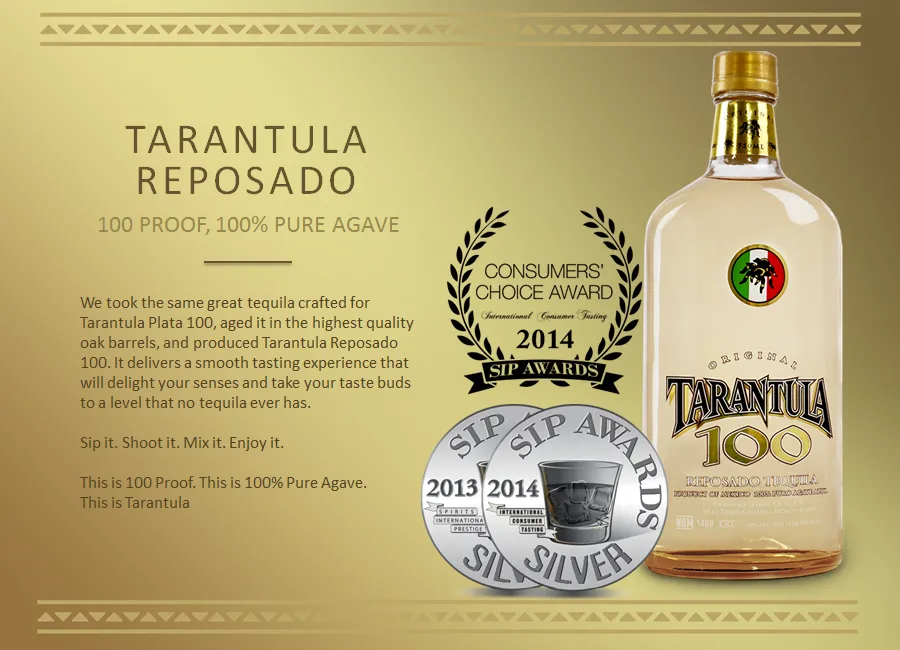
Tarantula Tequila is made in Mexico, the birthplace of tequila, and is a requirement by law for any tequila. The specific location where Tarantula Tequila is produced typically falls within the state of Jalisco, which is the heartland of tequila production. Within Jalisco, the brand may have its own distillery or contract with a distillery that meets its quality standards. This geographic location is critical, as it ensures the tequila adheres to strict production regulations, maintaining the authenticity and integrity of the spirit. The location also benefits from the region’s established infrastructure and expertise in tequila making.
The Geographic Location
The state of Jalisco, Mexico, is renowned for its rich history and tradition in tequila production. The climate, soil, and overall environment are ideal for growing the blue agave plant, the primary ingredient of tequila. The specific location within Jalisco where Tarantula Tequila is made is a closely guarded secret, but it’s likely in an area with a long history of tequila production. This location allows the brand to benefit from the expertise of local distillers, access to quality ingredients, and adherence to strict quality controls. The geographic location is integral to the brand’s identity.
Fact 5 Tarantula Tequila Flavors
Tarantula Tequila offers a variety of flavors, catering to diverse palates. These flavors typically include Blanco, Reposado, and Añejo. Blanco, or silver tequila, is unaged and known for its crisp and clean taste, perfect for cocktails. Reposado tequila is aged in oak barrels for a few months, offering a smooth, slightly oaky flavor. Añejo tequila is aged longer, often over a year, resulting in a richer, more complex taste. The brand may also offer special editions or flavored tequilas to diversify its product line. The diverse flavors ensure Tarantula Tequila can meet the demands of any tequila enthusiast.
The Tequila Varieties
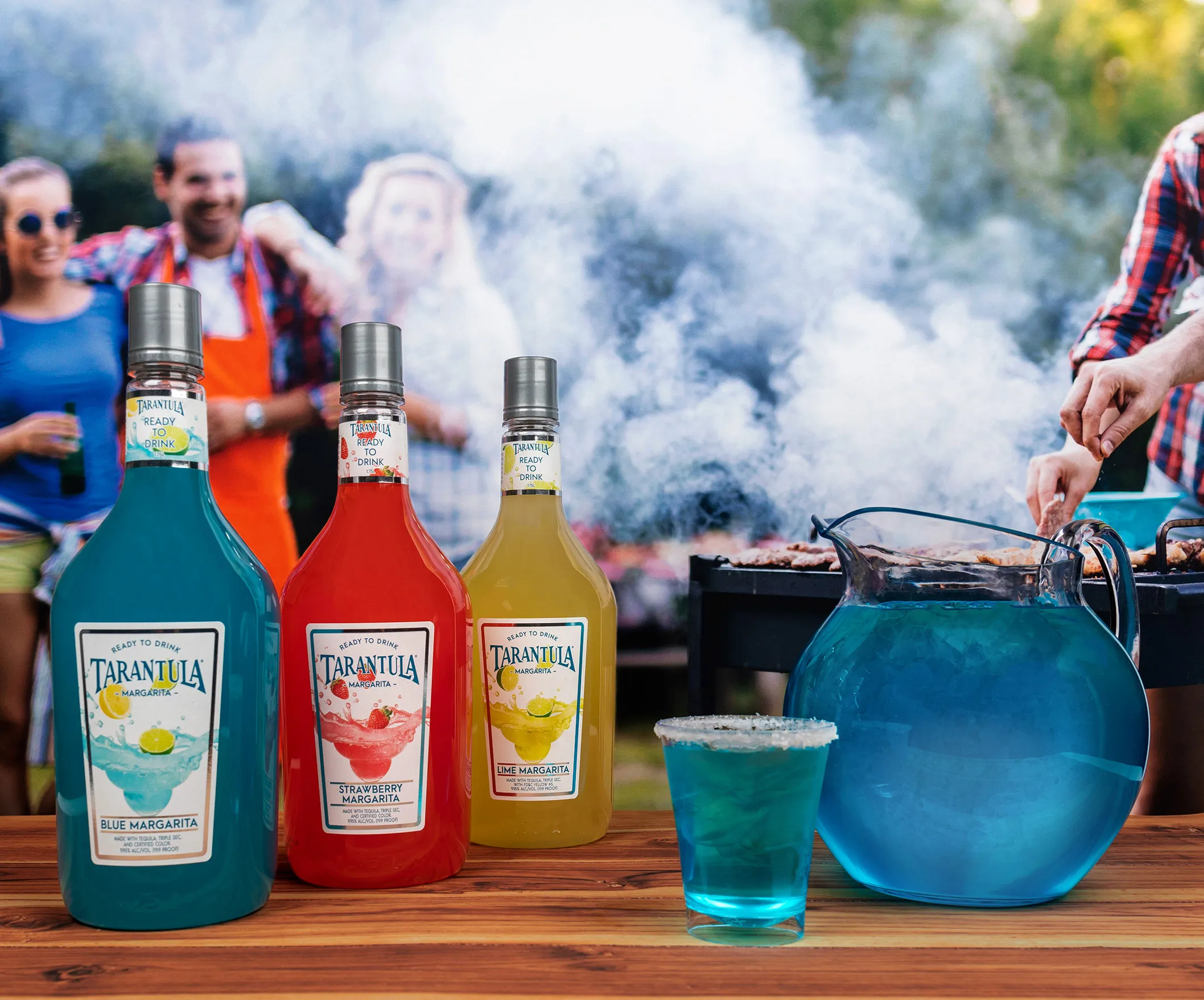
The specific tequila varieties from Tarantula often include Blanco, Reposado, and Añejo. Blanco is unaged, with a fresh, vibrant taste profile, perfect for cocktails like margaritas or tequila sunrises. Reposado tequila is aged in oak barrels, typically for 2 to 11 months, gaining a golden hue and a smoother, more complex taste. Añejo tequila is aged for a longer period, often 1 to 3 years, developing deeper flavors with hints of vanilla and caramel. Each variety offers a unique drinking experience, making Tarantula a versatile choice for any occasion.
Conclusion
Tarantula Tequila, with its rich heritage and commitment to quality, has carved a special niche in the tequila industry. From its meticulous production process to the diverse range of flavors, this tequila brand provides a satisfying experience for every tequila lover. Knowing these top 5 facts about Tarantula Tequila will enhance your appreciation for the spirit. Whether you’re a seasoned tequila aficionado or a curious newcomer, exploring Tarantula Tequila is sure to be a pleasurable experience. So, raise a glass and enjoy the distinctive taste of Tarantula Tequila!
